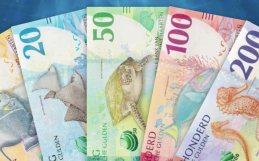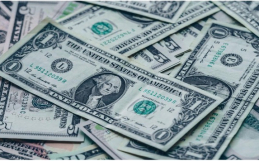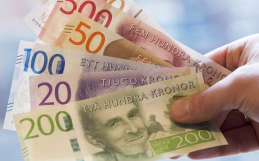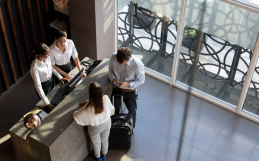For many of us, most of our daily transactions are paid for with debit and credit cards. However, when travelling abroad, is cash still the best option? In this blog, we provide 10 tips for travelling with money that are convenient and safe.
1. Let your bank know you’ll be travelling
Let your bank know in advance about your plans to travel, even if you’re travelling for just a few days. Your bank may no longer require you to notify them, but it’s always a good idea just in case. This way, you can rest assured that you’ll be able to withdraw local currency when you need it. Financial institutions can flag international use of bank and credit cards as fraudulent – which can result in your account being frozen.
Expert Tip: It’s recommended that you use a 4 digit PIN on your credit and debit cards, as many international ATMs do not accept 5 or 6 digits PINs.
2. Don’t rely on money cards or traveller’s cheques
In the past, traveller’s cheques were very common and highly recommended by most banks. In recent years, obtaining traveller’s cheques has become increasingly expensive and unnecessary. There are very few places that are now willing to accept them, and even in those rare instances, you will pay high fees for each transaction.
Cash and credit cards are the ideal way to pay when travelling. Consult with an expert to determine the best currency to bring with you. In many cases, depending on the destination, it is not uncommon for travellers to bring US Dollars, as USD are very widely accepted all over the world. However, we advise against this. Converting funds into USD usually ends up being both costly and inconvenient. In most cases, the local currency will be your best bet.
3. Never keep your wallet in your back pocket
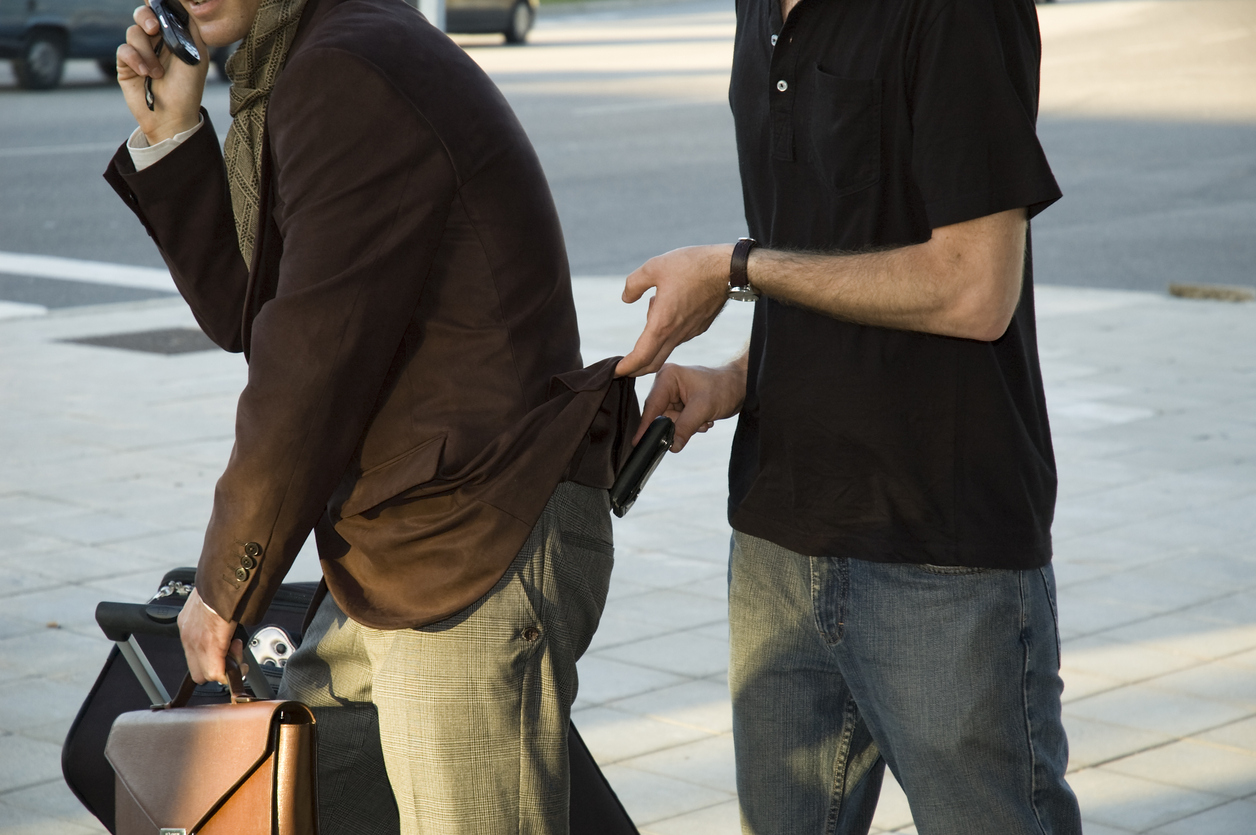
Experienced pickpockets thrive in tourist locations. Don’t become an easy target! Instead, keep cash in places that only you can reach easily, such as a front pant pocket or inside a jacket pocket. You can also attach your wallet to your belt with a small chain for extra security.
Handbags and backpacks can also leave you vulnerable to pickpockets. While abroad, always make sure that your handbags and backpacks are carried in the front, across your body and that they are in view at all times.
4. Wear a travel money belt
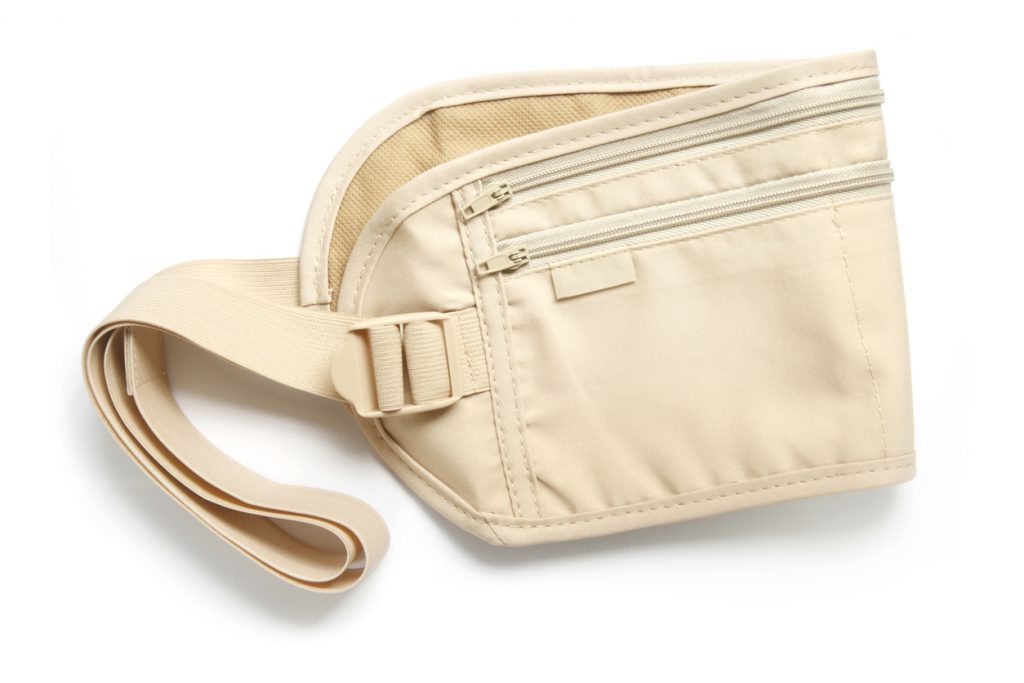
Money belts are a much safer way to travel with cash. They are light, discreet, and concealed by your clothing — putting your mind at ease, so you can enjoy your vacation. They are a very worthwhile investment and much more practical than bringing a miniature safe with you! The Currency Converters store in Waterloo sells money belts, power adapters, luggage tags, and other travel essentials, if you would prefer to shop local.
5. Bring your travel money in large bills
Bills take up far less room than coins and cards, and larger bills allow you to carry more currency. This way, you’ll also be able to hold more cash in your money belt and avoid having to resort to using unsafe places, like your back pockets.
In addition, paper bills won’t set off metal detectors at the airport as coins would. It’s wise to bring a few coins for parking metres or quick purchases, but in most cases credit cards will do the trick.
6. Don’t assume hotel rooms are always safe
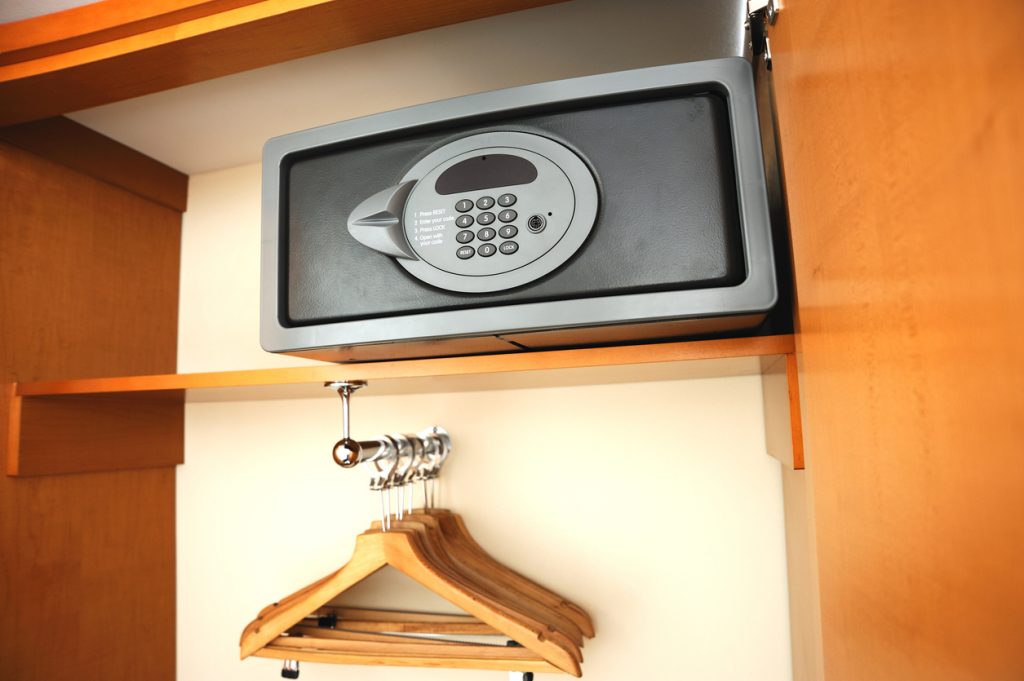
While your hotel room or Airbnb are generally safe places to keep money while travelling, we’ve heard many horror stories to the contrary.
Our recommendation is to use the safe in the room if one is available and you feel comfortable doing so for valuable items, but bring as much of your money with you when you leave your room for the day. If you store your money in something like a money belt, there should be little opportunity for it to go missing or be stolen.
7. Keep your money in multiple places
Another way to keep money safe during your travels is to store it in several different places. This will ensure that, even if you lose your money belt or wallet, you will still have access to some cash and cards.
Here are five examples of safe spots to hide your money:
- False bottoms in your suitcase
- Inside pockets in your carry-on bag
- Inside a roll of clean socks
- Between pages in a book
- If possible, have multiple adults carry cash, instead of one person
8. Bring a credit card as a backup
There is no denying the convenience that credit cards provide while travelling, especially if your physical cash goes missing or is stolen. Our recommendation is to use a credit card as little as possible while abroad. Foreign ATMs can hit you with exorbitant service charges to withdraw money and exchange rates can fluctuate rapidly, so you’ll never be sure how much a purchase will actually cost you.
For these reasons, we recommend that you always have a credit card on-hand while travelling, but try to abstain from using it too much.
9. Reserve money for emergencies
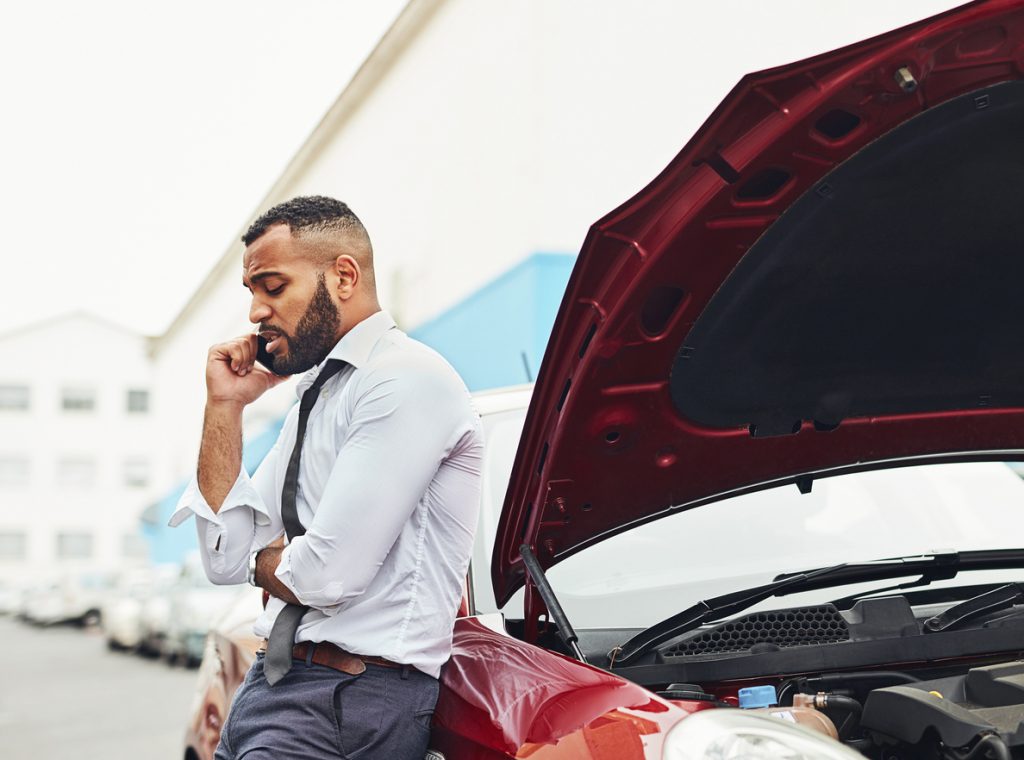
Situations can arise that may require emergency funds. In these cases, local currency is most often required. It is wise to have an amount set aside for emergencies only!
10. Exchange your currency in advance to get the best rate
You will always get the best rates on the currency exchange when you plan in advance. If you want to ensure you’re receiving the best rate, call us!
Our team has the travel experience to help you financially prepare for your trip. Don’t plan to grab local currency when you arrive at your destination, get a fair exchange rate in advance by contacting Currency Converters.

